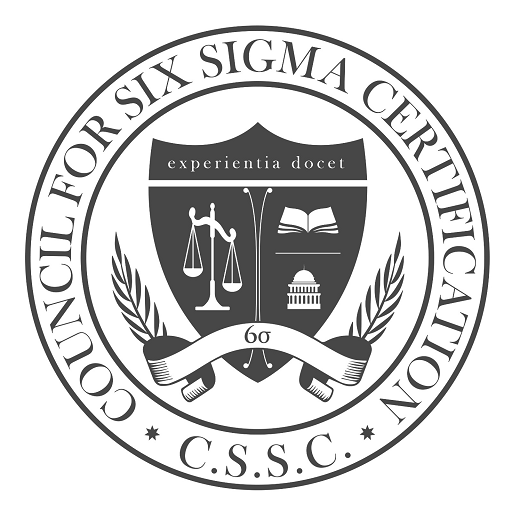Lean Six Sigma Training in Tamil

Lean Six Sigma Training in Tamil stands as a cornerstone in the pursuit of organizational excellence and professional development. This training equips individuals with a robust toolkit of methodologies and principles aimed at systematically improving processes, reducing defects, and maximizing value delivery to customers. At its core, Lean Six Sigma integrates the efficiency-focused Lean principles, derived from Toyota’s renowned Production System, with the defect-reduction methodologies of Six Sigma, pioneered by Motorola. Through a structured approach, Lean Six Sigma training instills a culture of continuous improvement within organizations, fostering a mindset of problem-solving, data-driven decision-making, and relentless pursuit of perfection.
The training curriculum spans various levels of certification, each tailored to address specific roles and responsibilities within improvement projects. At the foundational level, Yellow Belt certification introduces participants to fundamental concepts and tools, empowering them to contribute to improvement initiatives in a supportive capacity. Moving up the hierarchy, Green Belt certification equips individuals with the skills to lead smaller-scale improvement projects, employing methodologies such as DMAIC (Define, Measure, Analyze, Improve, Control) to drive measurable results. At the pinnacle, Black Belt certification signifies mastery of advanced Lean Six Sigma concepts, enabling individuals to lead complex projects, mentor Green Belts, and drive organizational transformation.
The delivery of Lean Six Sigma training has evolved to accommodate diverse learning preferences and organizational needs. Traditional classroom-based training offers a structured environment for interactive learning and collaboration, facilitated by experienced instructors. In contrast, online training platforms provide flexibility and accessibility, allowing participants to learn at their own pace and convenience. Blended learning approaches combine the best of both worlds, blending online modules with instructor-led sessions to optimize engagement and knowledge retention.
Throughout the training journey, participants delve into a comprehensive curriculum that covers foundational concepts, statistical tools, project management skills, and practical applications. They learn to apply tools such as process mapping, root cause analysis, regression analysis, and control charts to analyze data, identify improvement opportunities, and sustain gains. Moreover, training programs emphasize the importance of project management principles, equipping participants with the skills to plan, execute, and control improvement projects effectively.
The benefits of Lean Six Sigma training extend beyond individual skill development to yield tangible outcomes for organizations. By fostering a culture of continuous improvement, organizations can achieve significant enhancements in quality, efficiency, and customer satisfaction. Lean Six Sigma-trained professionals serve as catalysts for change, driving measurable results and delivering bottom-line impact.

